
Skyline Lawrenceburg
The county seat of Lawrence County

The county seat of Lawrence County
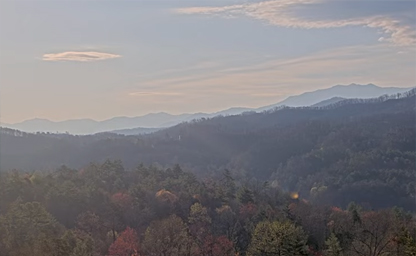
Find the perfect cabin for your Smoky Mountain
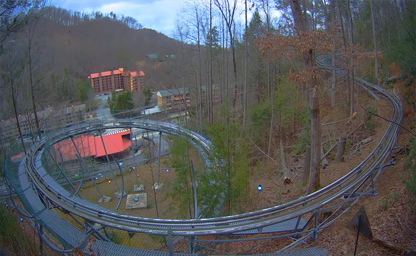
Ride the best mountain coaster attraction in Gatlinburg

Bridgestone Arena is a multi-purpose venue in downtown Nashville

Broadway is a major thoroughfare in the downtown area in Nashville
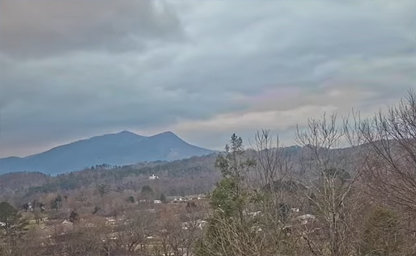
Local winery producing French, German & fruit wines, with complimentary tastings & tours

Live views located from The Terry Law Firm
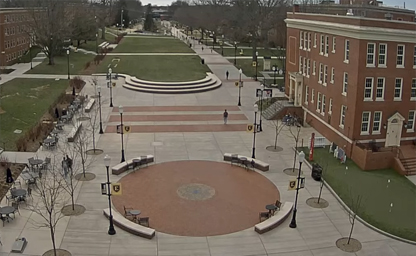
It acts as the primary gateway to campus, accentuating the pathway that connects the Student Center with the Football Stadium

Located in the southeastern region of the United States of America

The longest pedestrian cable bridge in North America
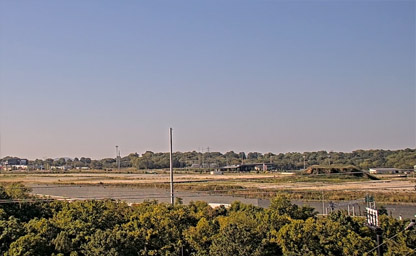
A neighborhood on the rise, Antioch lies just 12 miles southeast of Downtown

This vibrant city is filled with places, people and experiences that inspire young and not-so-young alike
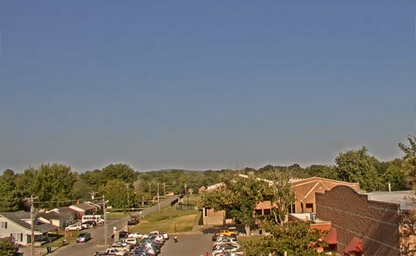
Lebanon is part of the Nashville Metropolitan Statistical Area
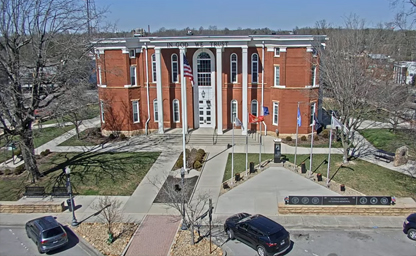
Deeply embedded in the fabric of Cookeville’s rich heritage

A key site of the American Civil War
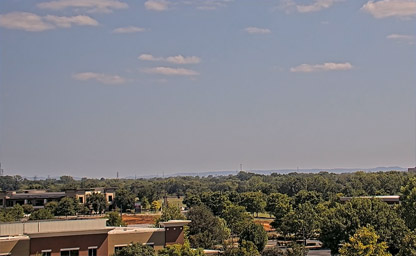
A city in Tennessee known for its American Civil War history
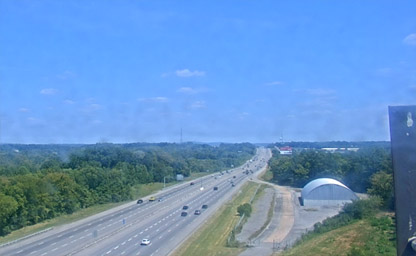
Situated mostly between two major national east-west routes, Interstate 40 and U.S. Route 70
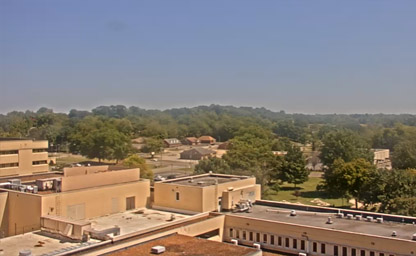
The self-proclaimed "mule capital of the world"

A part of the Nashville-Davidson–Murfreesboro–Franklin
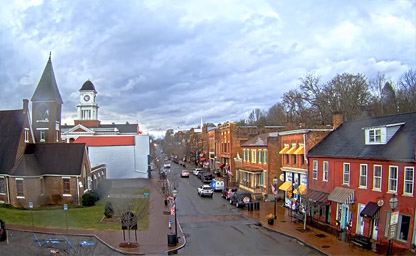
Situated in the far northeast corner of the state
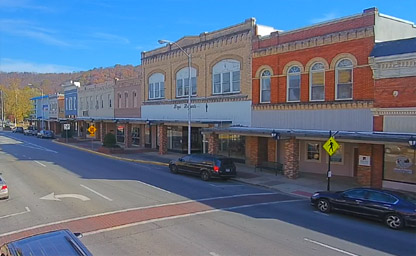
Home to both the oldest building in the state of Tennessee
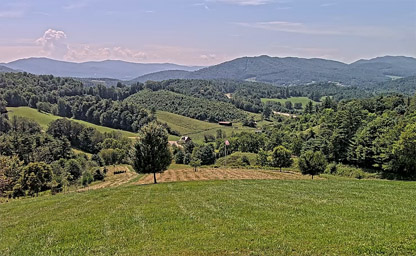
A town in and the county seat of Johnson County

A science focused indoor amusement park

A town in and the county seat of Greene County
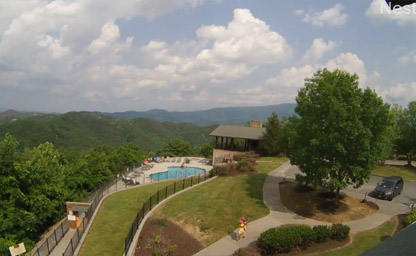
To the south, Great Smoky Mountains National Park

A historic district in Nashville, between Brandon Street and Broadway
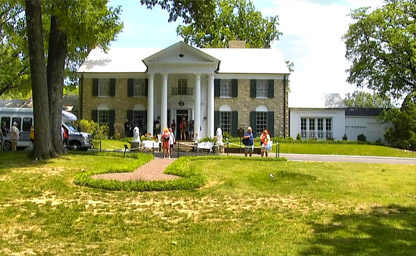
The home of Elvis Presley

It west of the city's downtown area

An iconic UT landmark for more than 50 years
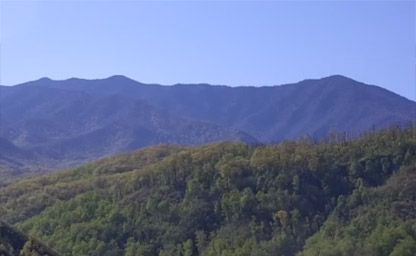
Situated in the heart of Gatlinburg

A city on the Tennessee River in eastern Tennessee

A beautiful city in the U.S. state of Tennessee
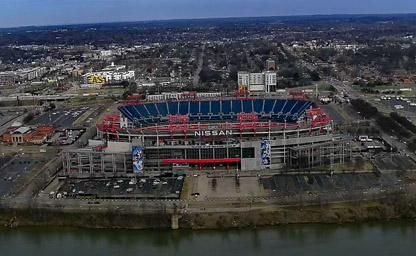
Situated on the east bank of the beautiful Cumberland River
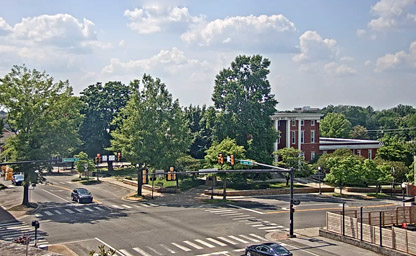
Visit Historic Downtown Cookeville, Tennessee

Tennessee’s only upside down attraction

Overlooking the Little Pigeon River right outside our hotel

Located from the Five Daughters Bakery
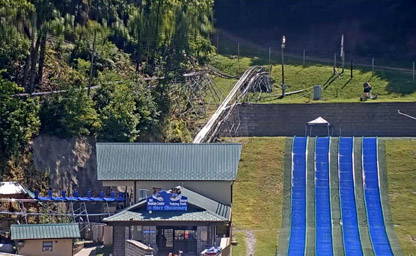
Enjoy some of the most beautiful views of the Great Smoky Mountains
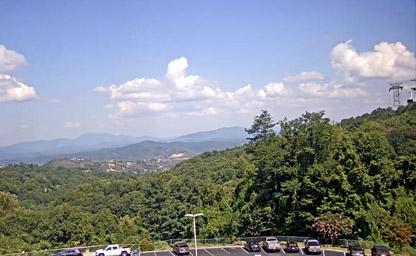
Gateway to the roughly 520,000-acre Great Smoky Mountains National Park
Live streaming cams from beautiful Tennessee provide a real-time glimpse into the Volunteer State’s stunning landscapes, vibrant cities, and rich cultural heritage. From the majestic Great Smoky Mountains to the lively streets of Nashville and Memphis, these webcams capture the heart and soul of Tennessee.
Nature lovers can explore live feeds from iconic locations such as the Great Smoky Mountains National Park, Clingmans Dome, and the Tennessee River. These cameras showcase breathtaking mountain vistas, serene rivers, and lush forests teeming with wildlife.
For a look at Tennessee’s bustling cities, webcams in Nashville, Memphis, and Chattanooga highlight the state’s vibrant urban energy. Viewers can enjoy live views of landmarks like the Grand Ole Opry, Beale Street, and the iconic Chattanooga Choo Choo, as well as cultural events and music-filled streets.
Outdoor enthusiasts will appreciate live streams from popular destinations such as Lookout Mountain, Rock City, and Reelfoot Lake, which provide scenic views and a connection to Tennessee’s natural wonders.
Seasonal changes add to the beauty of Tennessee’s live cams. Experience the fiery autumn foliage in the mountains, winter’s serene snowy landscapes, blooming dogwoods in spring, and sunny summer days along the lakes and rivers.
Whether you’re planning your next adventure, exploring Tennessee’s music and culture, or simply admiring its natural beauty, live streaming cams provide an engaging way to connect with the charm and diversity of the state.
The history of Tennessee is as rich and diverse as its landscapes, woven with tales of Native American heritage, European settlement, Civil War battles, and cultural revolutions. Long before the arrival of Europeans, the land that is now Tennessee was home to Indigenous peoples, including the Cherokee, Chickasaw, and Creek nations. The Cherokee, in particular, had a profound influence on the region, building sophisticated communities and leaving a legacy that endures today. Visitors can explore this history at sites like Red Clay State Historic Park and the Sequoyah Birthplace Museum.
In 1540, Spanish explorer Hernando de Soto became one of the first Europeans to traverse the region. By the late 17th century, French and English settlers arrived, establishing trading posts and small communities. The establishment of Fort Loudoun in 1756 marked a significant early British presence in the area. However, conflicts with Native American tribes and territorial disputes with European powers shaped the region’s tumultuous early history.
Tennessee’s path to statehood began with the creation of the Southwest Territory in 1790. By 1796, it had become the 16th state to join the Union. The state played a key role in westward expansion, serving as a gateway to the frontier. Prominent figures like Andrew Jackson, the seventh president of the United States, rose to national prominence from Tennessee. Jackson’s home, The Hermitage near Nashville, remains a popular destination for history enthusiasts.
During the American Civil War, Tennessee was a pivotal battleground. As a border state, it was deeply divided, with loyalties split between the Union and Confederacy. The state saw more Civil War battles than any other state except Virginia, including notable clashes at Shiloh, Chattanooga, and Franklin. Today, many of these battlefields are preserved as historic sites, offering a window into the nation’s tumultuous past.
Post-war Tennessee became a center of cultural and economic development. The state’s fertile soil supported agriculture, while cities like Memphis and Nashville thrived as hubs of trade and industry. In the 20th century, Tennessee earned its place as a cultural powerhouse, particularly in music. Memphis became the birthplace of blues and rock ‘n’ roll, with icons like Elvis Presley and B.B. King emerging from the city. Nashville, known as “Music City,” cemented its reputation as the heart of country music with the establishment of the Grand Ole Opry and the Ryman Auditorium.
Tennessee also played a significant role in the Civil Rights Movement, with leaders like Martin Luther King Jr. advocating for equality and justice. The National Civil Rights Museum in Memphis, located at the former Lorraine Motel where Dr. King was assassinated, stands as a poignant reminder of this struggle and a testament to the state’s enduring impact on American history.
Tennessee’s climate is predominantly classified as humid subtropical, offering warm summers, mild winters, and a wide range of outdoor activities year-round. The state’s climate is influenced by its varied topography, with significant differences between the mountainous east and the flatter regions in the west.
Summers in Tennessee are typically hot and humid, with average temperatures ranging from 25°C to 32°C (77°F to 90°F). The western part of the state, including Memphis, tends to experience the highest temperatures, while the mountainous areas in the east, such as Gatlinburg and the Great Smoky Mountains, are slightly cooler. Summer is an ideal time for water-based activities, with Tennessee’s many lakes and rivers offering opportunities for boating, fishing, and swimming.
Autumn in Tennessee is a spectacular season, particularly in the eastern region where the Great Smoky Mountains come alive with vibrant hues of red, orange, and gold. Temperatures are pleasant, averaging between 15°C and 25°C (59°F to 77°F), making it a favorite time for hiking, scenic drives, and exploring the state’s natural beauty.
Winters in Tennessee are relatively mild compared to many other parts of the United States. Average temperatures range from 1°C to 10°C (34°F to 50°F), although colder conditions and occasional snowfall occur in the mountainous regions. Cities like Nashville and Memphis see minimal snow, but ski enthusiasts can enjoy winter sports in the higher elevations of the Great Smoky Mountains.
Spring is another picturesque season, with blooming wildflowers and mild temperatures ranging from 10°C to 20°C (50°F to 68°F). This is an excellent time to visit Tennessee’s state parks and enjoy activities such as hiking, camping, and wildlife observation. Spring also brings festivals and events celebrating the state’s rich cultural heritage, including music and food festivals.
Tennessee’s climate also features occasional severe weather, including thunderstorms and tornadoes, particularly in the spring and early summer. However, the state’s generally moderate weather and seasonal variety make it an inviting destination for visitors throughout the year.
Tennessee’s geography is as diverse as its history, encompassing rolling hills, fertile plains, and majestic mountains. The state spans approximately 109,247 square kilometers (42,143 square miles) and is divided into three distinct regions: East Tennessee, Middle Tennessee, and West Tennessee. Each region has its own unique landscape, cultural identity, and attractions.
East Tennessee is dominated by the Appalachian Mountains, including the iconic Great Smoky Mountains, which form part of the Blue Ridge range. This area is home to Great Smoky Mountains National Park, the most visited national park in the United States. The park boasts stunning vistas, abundant wildlife, and hundreds of miles of hiking trails. The region is also dotted with charming mountain towns like Gatlinburg and Pigeon Forge, offering a mix of natural beauty and family-friendly attractions.
Middle Tennessee features rolling hills, fertile valleys, and the Cumberland Plateau. This region is known for its agricultural productivity and vibrant cities. Nashville, the state capital and largest city in Middle Tennessee, is a cultural hub with a thriving music scene, historic landmarks, and a booming culinary industry. Nearby, the town of Franklin offers a glimpse into Tennessee’s Civil War history with its well-preserved battlefield and historic downtown.
West Tennessee is characterized by the flat, fertile plains of the Mississippi Delta. This region is a powerhouse of agriculture, producing cotton, soybeans, and corn. Memphis, located on the Mississippi River, is the largest city in West Tennessee and a major cultural and economic center. The city’s Beale Street, Sun Studio, and Graceland draw music lovers from around the world, while the riverfront offers stunning views and recreational opportunities.
Tennessee is also rich in waterways, with the Tennessee River, Cumberland River, and Mississippi River serving as vital lifelines for transportation, agriculture, and recreation. The state boasts numerous lakes, both natural and man-made, including Norris Lake, Percy Priest Lake, and Pickwick Lake. These bodies of water provide ample opportunities for boating, fishing, and water sports.
The state’s biodiversity is impressive, with a wide range of ecosystems supporting diverse flora and fauna. Tennessee’s forests, wetlands, and rivers are home to an array of wildlife, including black bears, white-tailed deer, and over 300 bird species. The state’s natural beauty is protected in numerous state parks and wilderness areas, making it a haven for outdoor enthusiasts.
If you’re planning a trip to Tennessee, consider exploring the Natchez Trace Parkway, a historic route that stretches through the state and offers breathtaking scenery, hiking trails, and cultural landmarks. It’s a perfect way to experience the diverse beauty and history of the region.
Here’s an interesting fact: Tennessee is known as the “Volunteer State,” a nickname that originated during the War of 1812 when a large number of Tennesseans volunteered to fight, earning the state a reputation for its patriotic spirit. This nickname continues to symbolize the state’s proud history of service and community involvement.